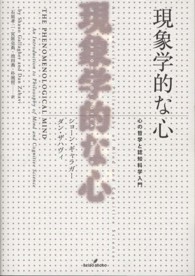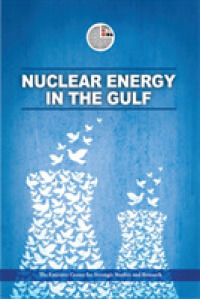- ホーム
- > 洋書
- > 英文書
- > History / World
Full Description
Britain's declaration of war on Germany on 3 September, 1939, made Nigeria, like many other African societies, active participants in the war against the Axis powers. Leading to large-scale mobilization of human and materials resources, it transformed lives and societies in irrevocable ways. Of the 90,000 West African soldiers deployed to South East Asia after 1943, over half came from Nigeria. In this important, revisionist history, Chima J. Korieh examines how the lives of Nigerian producers, workers, merchants, men, women, and children from across society were affected. It recounts the extraordinary and often neglected story of the Nigerian people who were drawn into a global war, the enormous demands it made on their resources, and the way it would change both their lives and the societies they lived in. By placing the role that African societies played in the war within the contextual and theoretical frameworks of colonialism, race, gender, identity, labour, intellectual, and social history, Korieh challenges the dominant perception that World War II was primarily a European conflict and reveals the global impact of ordinary Nigerians on the war effort.
Contents
Introduction; 1. Fighting for the world: imperialism, wartime policy, and colonial subjects; 2. For king and country: colonial subjects, and wartime intellectualism; 3. The home front: colonial subjects and the burden of empire; 4. Voices of protest: austerity, regulations, and social protest; 5. The Second World War and its aftermath; 6. Conclusion.








